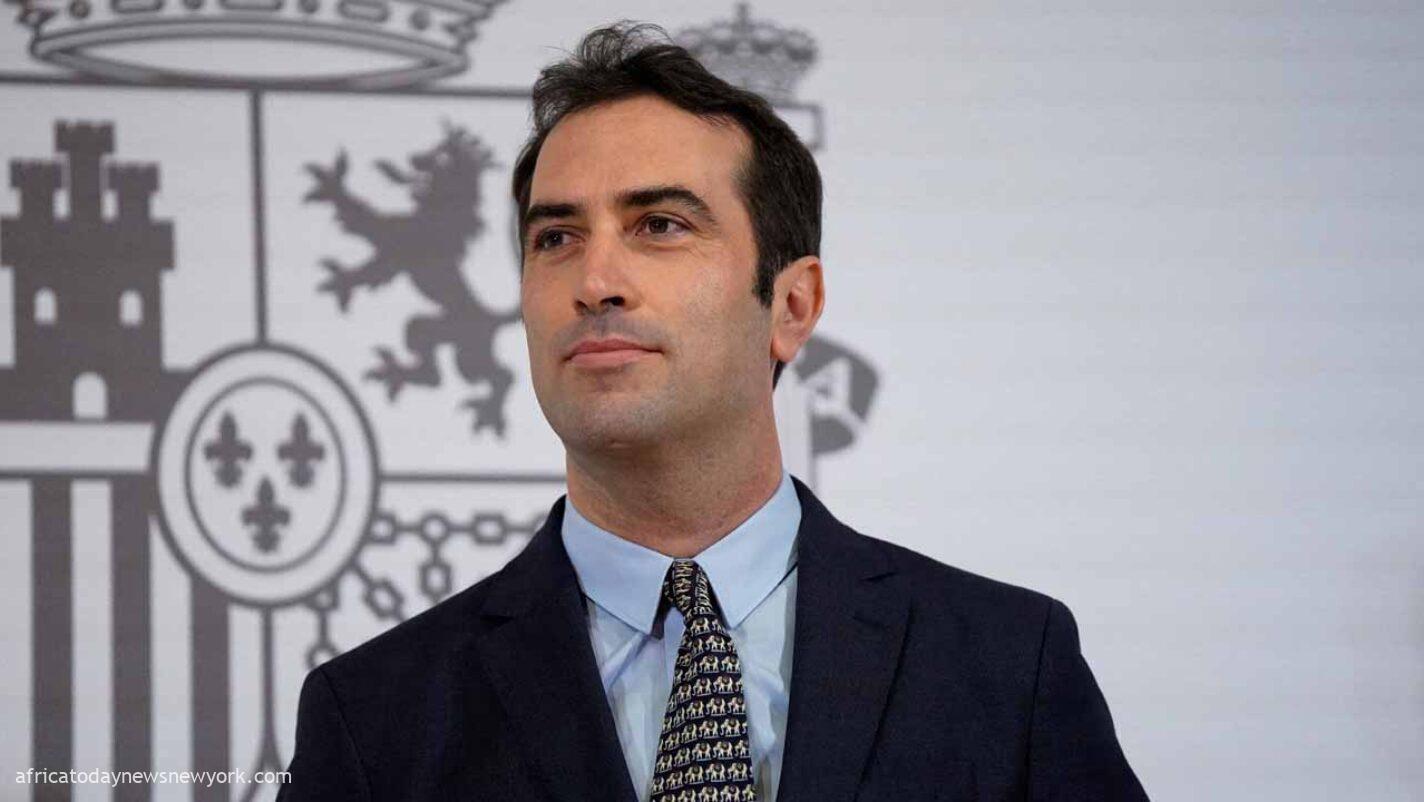Spanish economic growth was slightly stronger than forecasted in 2023 as gross domestic product picked up pace at the end of last year, official data showed on Wednesday morning.
Spain’s economy which is eurozone’s fourth largest economy increased by 0.6 percent between October and December, up from 0.4 percent in the previous quarter, on the backs of robust domestic and external demand, national statistics office INE said in a statement.
The economy grew by 2.5 percent during 2023 despite slowing growth elsewhere in Europe and rising interest rates, surpassing the government’s forecast of 2.4 percent.
On the other hand, according to official figures released on Tuesday, the eurozone economy grew by 0.5 percent in 2023 and just avoided a technical recession with zero growth in the fourth quarter.
Due to a strong summer for the nation’s main tourism industry, the Bank of Spain updated its growth prediction for the Spanish economy to 2.3 percent in 2023 last year.
Spain welcomed a record number of foreign tourists last year, over 84 million, a 19 percent jump from 2022.
The rise in visitor number helped push the jobless rate to 11.76 percent at the end of 2023, its lowest level since 2007.
Africa Today News, New York reports that Spain is the world’s second-most visited country after France and tourism is crucial for the domestic economy, making up 12.8 percent of gross domestic product in 2023.
Economy Minister Carlos Cuerpo said Monday that Spain is experiencing “sustained growth, above our main European partners” despite the international geopolitical uncertainly sparked by the unrest in the Middle East and Russia’s invasion of Ukraine.
Spanish inflation picked up in January due to higher electricity prices, the statistics office said in a separate statement.
Consumer prices advanced by 3.4 percent from a year ago, up from 3.1 percent in December, according to preliminary data, a sign of lingering price tensions which dampened expectations for a wider slowdown on European prices.
Socialist Prime Minister Pedro Sanchez put in place a series of measures such as discounts on urban travel and sales tax cuts on food to help households cope with soaring prices in 2022 after Russia’s invasion of Ukraine sent consumer prices soaring.
Spanish inflation hit a record 10.8 percent in July 2022, its highest level since 1985, but has since eased although food price inflation has remained high and energy prices have been volatile.
